Introduction
Choosing the best diet for Shiba Inu is key to their overall health.
- Proper nutrition supports their muscle and coat health
- Feeding the right food can prevent obesity and health issues
- Focus on high-quality proteins and essential nutrients
- Include foods rich in Omega-3 for skin and coat care
- Monitor portion sizes to maintain a healthy weight
1. Understanding Shiba Inu Dietary Needs
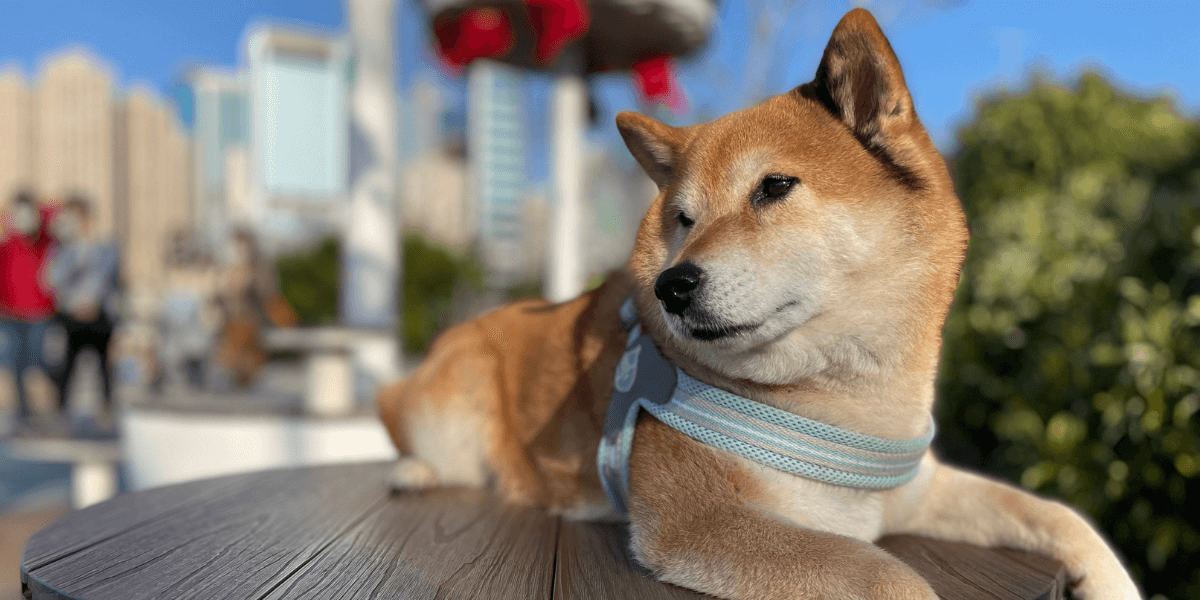
Shiba Inus need balanced diets tailored to their size and activity level.
- Protein: Supports muscle development and maintenance
- Fats: Provides energy and supports coat health
- Carbohydrates: Offers energy but should be limited
- Fiber: Aids digestion and promotes gut health
- Vitamins: Vital for immune function and overall health
- Minerals: Essential for bone health and metabolism
- Water: Keeps them hydrated and supports bodily functions
- Antioxidants: Helps prevent cell damage and aging
2. Choosing the Right Protein Sources
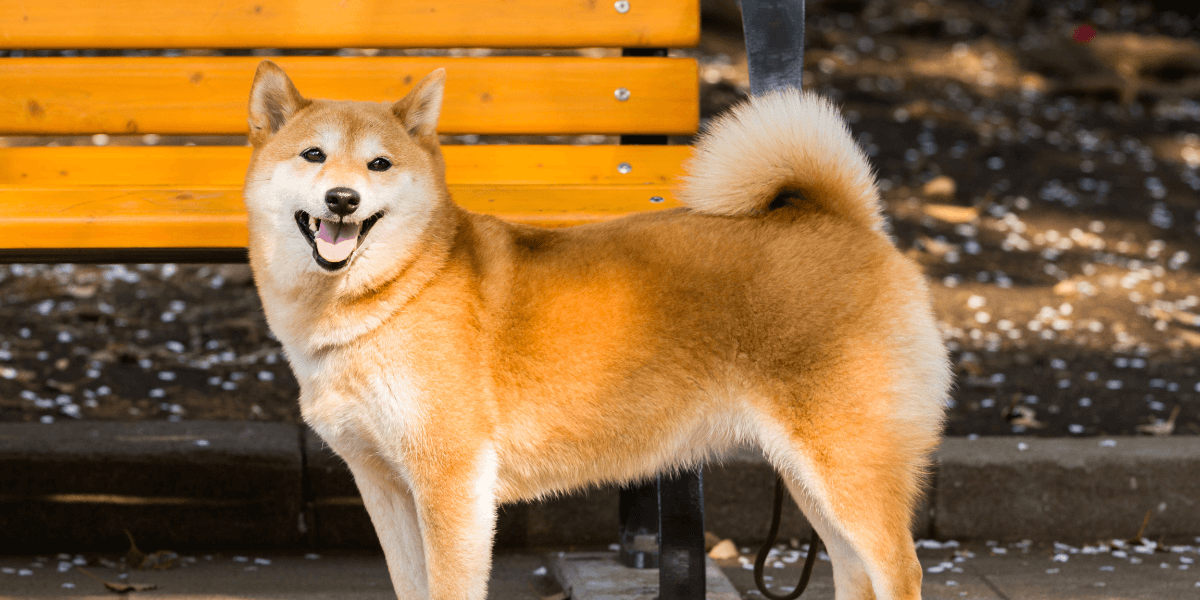
Shiba Inus thrives on high-quality protein-rich foods.
- Chicken: Lean protein option for muscle building
- Fish: Provides Omega-3 fatty acids for skin health
- Lamb: Good alternative protein source for a variety
- Turkey: Lean and easily digestible protein source
- Beef: Rich in iron and essential nutrients
- Eggs: High-quality protein and nutrient-packed
- Duck: Novel protein source for sensitive dogs
- Organ meats: Provides essential vitamins and minerals
3. Importance of Fats in the Best Diet for Shiba Inu
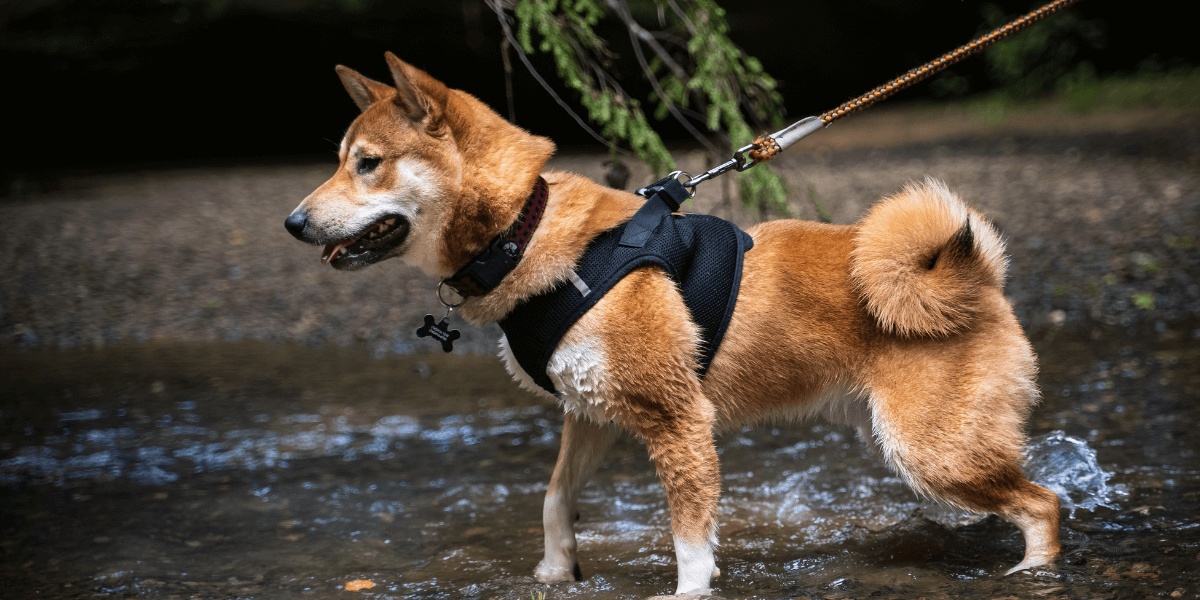
Healthy fats are crucial for energy and coat condition.
- Fish oil: Source of Omega-3 fatty acids for skin and coat health
- Flaxseed oil: Plant-based Omega-3 source for inflammation control
- Chicken fat: Provides palatability and energy
- Coconut oil: Supports skin health and digestive functions
- Animal fats: Offers concentrated energy and nutrients
- Olive oil: Rich in monounsaturated fats and antioxidants
- Canola oil: Low in saturated fats and high in Omega-3
- Sunflower oil: Provides Vitamin E for immune support
4. Carbohydrates for Shiba Inus
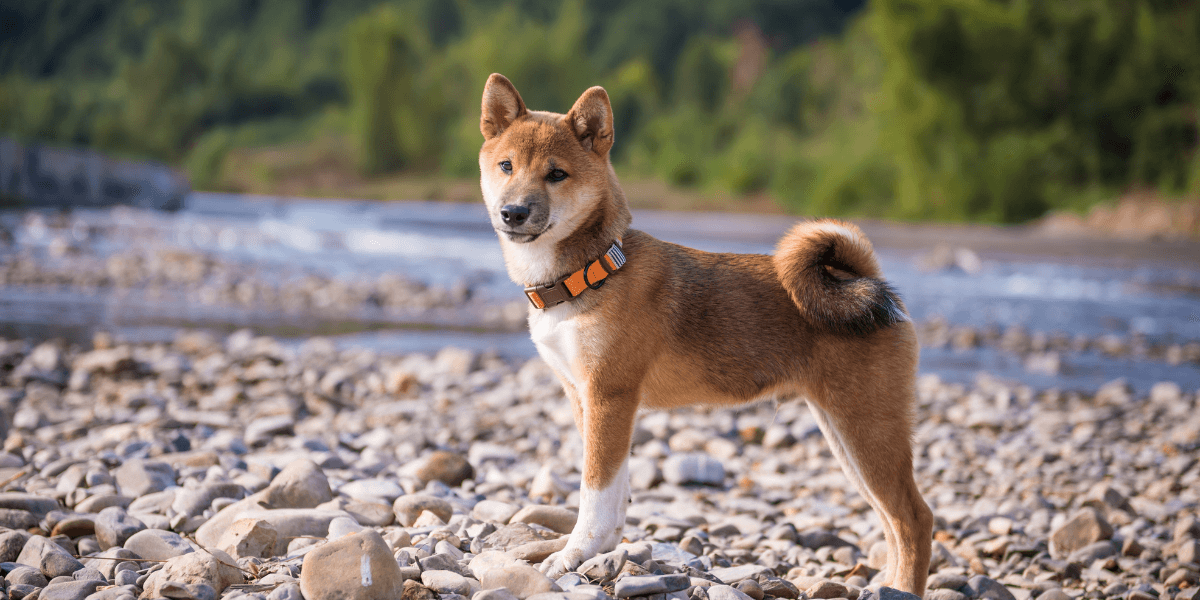
Moderate carbohydrate intake is necessary for active dogs.
- Sweet potatoes: Rich in fiber and vitamins, easy to digest
- Brown rice: Provides energy and supports digestion
- Oats: Good source of fiber for digestive health
- Barley: Low-glycemic grain, ideal for steady energy
- Quinoa: Gluten-free and high in protein content
- Pumpkin: Supports digestion and prevents constipation
- Peas: Offers fiber, protein, and essential nutrients
- Carrots: Low-calorie treats rich in beta-carotene
Learn from Great Dane nutrition tips to optimize your Shiba Inu's diet with the best foods and supplements.
5. Essential Vitamins and Minerals
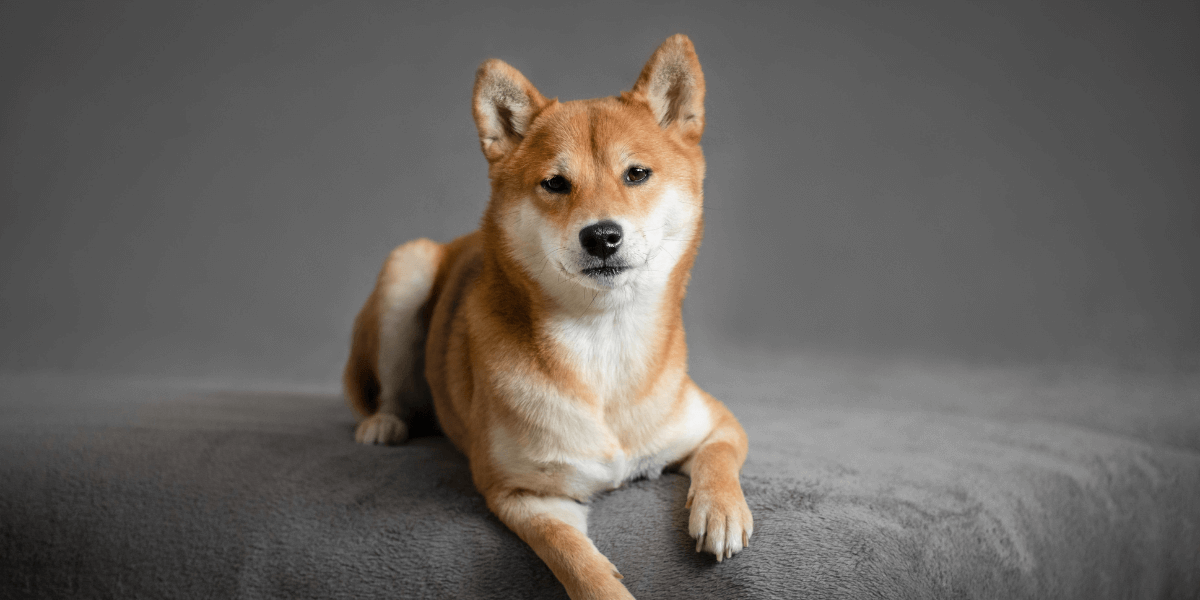
Including essential vitamins and minerals is crucial in the best diet for Shiba Inu.
- Vitamin A: Supports eye health and immune function
- Vitamin D: Promotes calcium absorption and bone health
- Vitamin E: Powerful antioxidant for skin and immune health
- Calcium: Needed for strong bones and teeth
- Phosphorus: Works with calcium for skeletal health
- Zinc: Supports skin, coat health, and wound healing
- Magnesium: Important for nerve function and muscle health
- Potassium: Regulates fluid balance and muscle function
6. Common Food Allergies in Shiba Inus
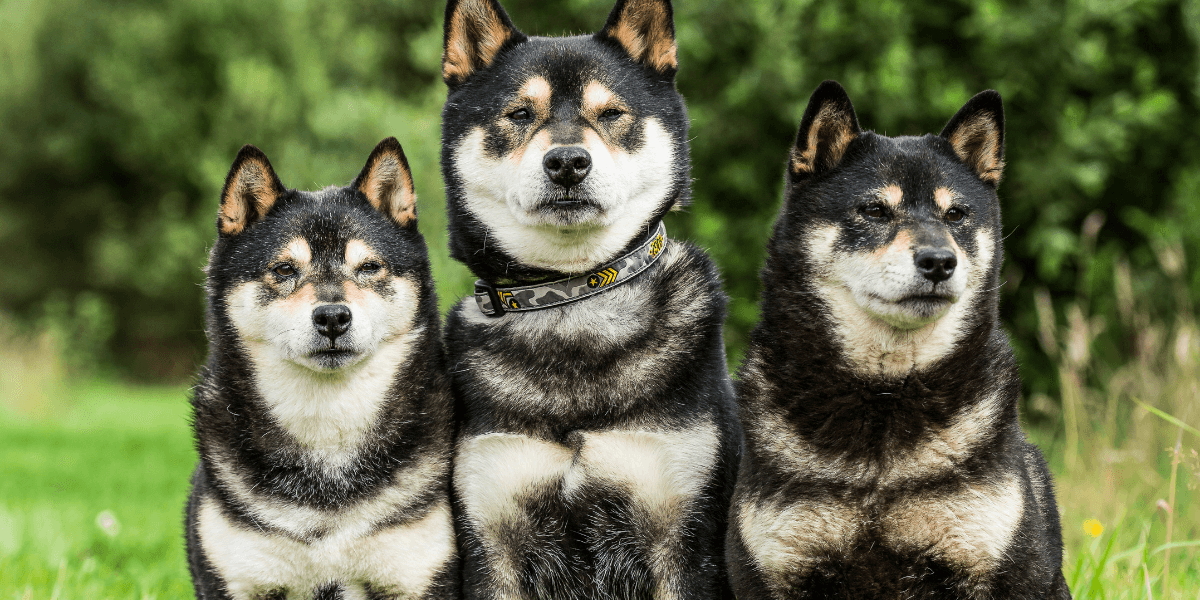
Be aware of potential allergens to avoid adverse reactions.
- Chicken: Common protein allergy in some dogs
- Beef: May cause allergies in sensitive dogs
- Dairy: Can lead to digestive upset and skin issues
- Wheat: Possible source of gluten sensitivity
- Soy: Known to trigger food allergies in some dogs
- Corn: Low in nutrients and potential allergen
- Eggs: May cause allergic reactions in certain dogs
- Artificial additives: Can cause skin and digestive problems
Understand common health issues in German Shepherds to better manage your Shiba Inu's food allergies.
7. Recommended Foods for Shiba Inus
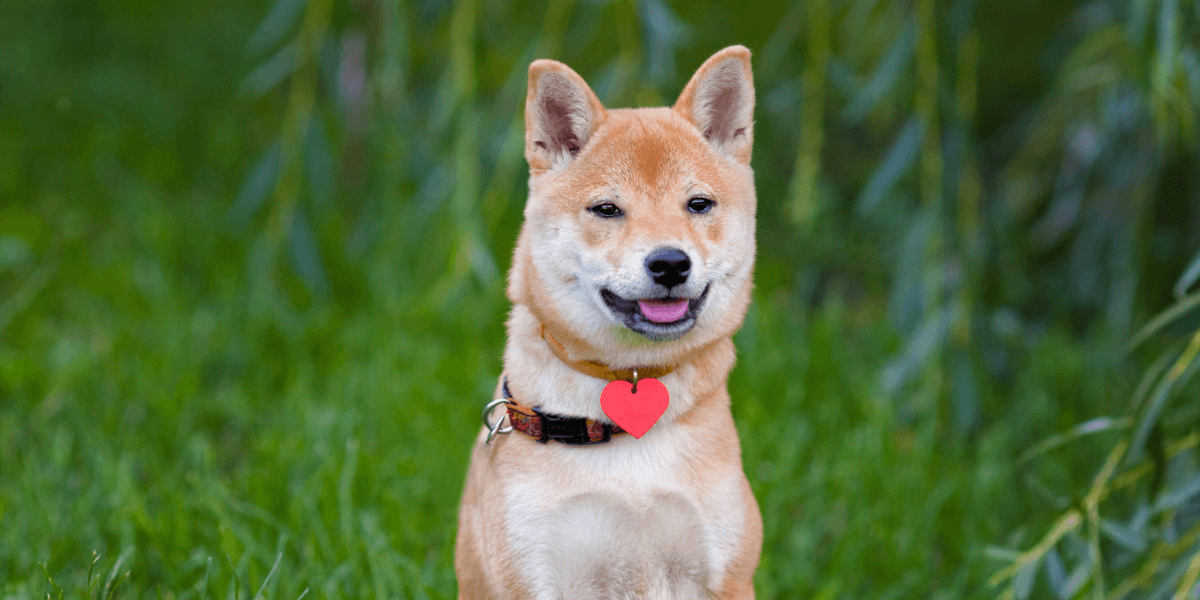
Choose foods that meet their nutritional needs and preferences.
- Dry kibble: Balanced nutrition in a convenient form
- Wet food: High moisture content, good for hydration
- Homemade meals: Allows control over ingredients and portions
- Raw diet: Provides natural nutrition, but ensures safety
- Freeze-dried: Retains nutrients and offers variety
- Grain-free: Ideal for dogs with grain sensitivities
- Limited ingredient: Good for identifying and avoiding allergens
- Veterinary diets: Tailored for specific health conditions
Explore the Bernese Mountain Dog feeding guide to select the best foods for your Shiba Inu at any life stage.
FAQs
1. What is the best diet for a Shiba Inu?
- A balanced diet with high-quality proteins, fats, and limited carbs
2. Can Shiba Inu eat human food?
- Some human foods are safe, but avoid toxic foods like chocolate
3. How much should I feed my Shiba Inu?
- Feed based on their weight, age, and activity level
4. Are grains bad for Shiba Inu?
- Grains can be safe unless your dog has specific allergies
5. Can Shiba Inu eat raw food?
- Yes, but ensure the food is safe and nutritionally balanced
6. How can I prevent obesity in my Shiba Inu?
- Monitor portion sizes and provide regular exercise
7. What are the signs of food allergies in Shiba Inus?
- Itching, ear infections, and gastrointestinal issues
Conclusion
- The best diet for Shiba Inu includes balanced, high-quality ingredients
- Choose quality proteins and healthy fats for optimal nutrition
- Limit carbs and include fiber-rich foods for better digestion
- Be aware of potential allergens to prevent food reactions
- Consult a vet for tailored dietary recommendations
- Proper nutrition ensures your Shiba Inu lives a healthy, happy life



